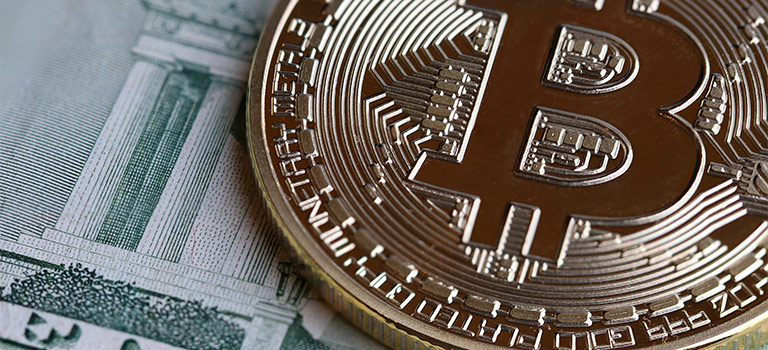PALO ALTO, Calif. (Reuters) - The Federal Reserve is taking a look at a broad range of concerns around digital payments and currencies, including policy, design and legal factors to consider around potentially releasing its own digital currency, Guv Lael Brainard stated on Wednesday. Brainard's remarks recommend more openness to the possibility of a Fed-issued digital coin than in the past." By transforming payments, digitalization has the potential to deliver greater value and benefit at lower cost," Brainard stated at a conference on payments at the Stanford Graduate School of Company.
Main banks internationally are discussing how to manage digital finance innovation and the distributed ledger systems used by bitcoin, which guarantees near-instantaneous payment at potentially low expense. The Fed is developing its own day-and-night real-time payments and settlement service and is currently examining 200 remark letters submitted late in 2015 about the proposed service's style and scope, Brainard stated.
Less than two years ago Brainard informed a conference in San Francisco that there is "no compelling demonstrated requirement" for such a coin. But that was before the scope of Facebook's digital click here currency aspirations were extensively understood. Fed authorities, including Brainard, have actually raised concerns about consumer defenses and data and personal privacy hazards that might be postured by a currency that could enter usage by the 3rd of the world's population that have Facebook accounts.
" We are working together with other central banks as we advance our understanding of reserve bank digital currencies," she stated. With more countries looking into providing their own digital currencies, Brainard stated, that includes to "a set of factors to also be making sure that we are that frontier of both research and policy development." In the United States, Brainard stated, problems that require study consist of whether a digital currency would make the payments system more secure or easier, and whether it might pose monetary stability risks, consisting of the possibility of bank digital fed coin runs if cash can be turned "with a single swipe" into the main bank's digital currency.
To counter the monetary damage from America's extraordinary national lockdown, the Federal Reserve has taken extraordinary steps, consisting of flooding the economy with dollars and investing directly in the economy. The majority of these moves got grudging acceptance even from lots of Fed doubters, as they saw this stimulus as required and something just the Fed could do.
My brand-new CEI report, "Government-Run Payment Systems Are Risky at Any Speed: The Case Versus Fedcoin and FedNow," information the dangers of fed coin stock the Fed's present plans for its FedNow real-time payment system, and propositions for main bank-issued cryptocurrency that have actually been dubbed Fedcoin or the "digital dollar." In my report, I discuss issues about personal privacy, data security, currency adjustment, and crowding out private-sector competitors and innovation.
Proponents of FedNow and Fedcoin say the government needs to produce a system for payments to deposit immediately, instead of motivate such systems in the economic sector by lifting regulative barriers. But as kept in mind in the paper, the private sector is supplying a relatively limitless supply of payment innovations and digital currencies to resolve the problemto the degree it is a problemof the time gap between when a payment is sent and when it is received in a fed coin 2020 bank account.

And the examples of private-sector development in this location are lots of. The Clearing Home, a bank-held cooperative that has actually been routing interbank payments in numerous forms for more than 150 years, has actually been clearing real-time payments because 2017. By the end of 2018 it was covering 50 percent of the deposit base in the U.S.